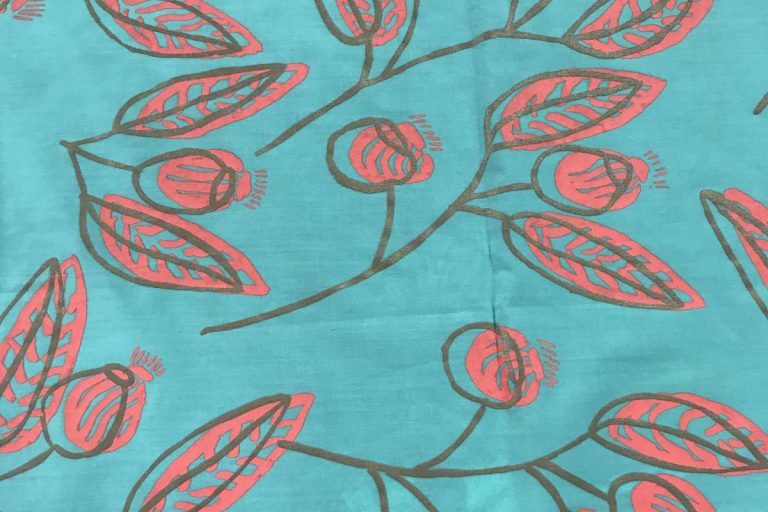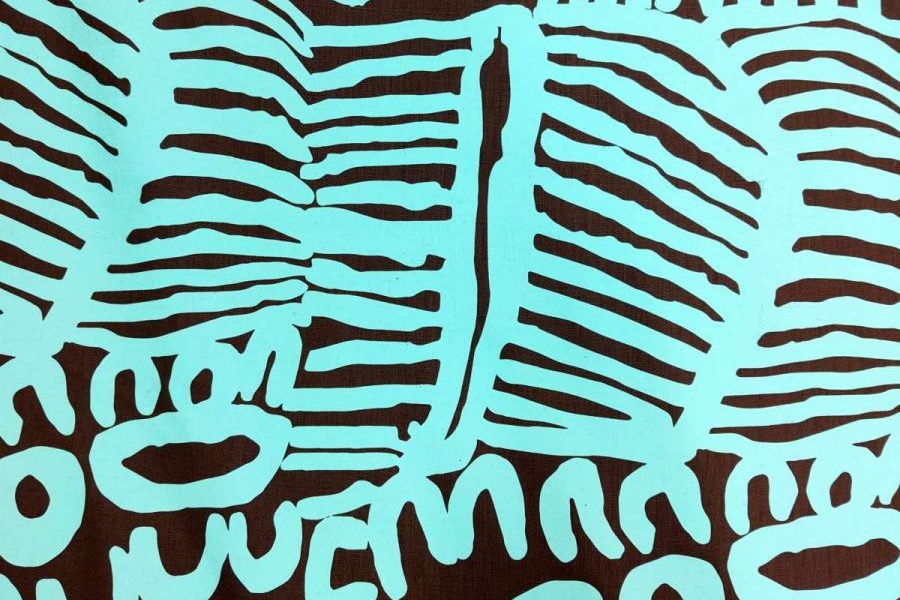‘Silent still wings
You got to find your spirit’.
‘I don’t own the land
we belong into it’[1]
We belong into the land. We need silence. We must find our spirit.
Kellehers Australia stays quiet and listens to its Indigenous clients and friends. Each member of our team listens to the public opinions of many Aboriginal Australians. We stay silent and listen, with respect.
And, as we listen, we do not celebrate.
For another year, the Kellehers Australia team is not holidaying. We work on this public ‘holiday’. Some of us are working remotely. Some are gathered in the office. One phoned to follow up every recent Indigenous caller to our office. One of our number chose to attend the Melbourne rally. We volunteer our time in action above words. It is how each team member feels.
A lawyer’s first act in any matter is to listen. To deeply listen. We listen all year to the legal issues facing those Aboriginal people from all over Australia who contact us for legal assistance. Common to all is the complexity of their legal issues and, generally, the lack of money to adequately resolve them.
Given our specialisation, Aboriginal people contact us with legal problems occurring on their Country, their land. Invariably, they face a massive power imbalance and inability to access cost-effective expert legal resources among the legal profession closer to their Country or home. This is often not due to any lack of will among those professionals. Generally, it arises from the complex network of parties and issues which can see all local lawyers faced with a direct conflict of interest because they already represent other parties.
Aboriginal connection to Country, passionate cultural obligations to care for Country and a non-materialist focus to cultural obligations is inextricably linked with Aboriginal identity. Continued silencing of the need to shape that identity by caring and advocating for Country, perpetuates a moral and legal wrong that began from 1770, embedded in 1788 and which continues. Articulating the need for legal assistance concerning matters of Country is a first step. Actioning it is an urgent next step.
Since 26 January 2020, Australia has listened to the travesty of Juukaan Caves, the whispered garguantuan tailings dam expansion at the Roxby Downs uranium mine and all the violence and disrespect lying behind the Black Lives Matter protests. Dr Kelleher, through her work with the Law Council of Australia, responded to vast whitefella paperwork around supervising Indigenous business operations[2]. None of this is in a language other than English. It seeks to regulate (presumably by volume) the activities of diverse Aboriginal groups all over Australia via a document that few of those groups will have time, inclination, legal skills or language to absorb – with no individual legal assistance provided to them in responding.
Do we get angry? We’re not meant to. We are lawyers, required professionally to be dispassionate and objective. But today at Kellehers, we pause to reflect on another year – and ask, quite simply – what was the point, what was the gain, what can be done, where are we going?
Those holding an Order of Australia love this country. All should be proud of the medal with its golden cootamundra wattle bud and ribbon of deep azure blue. At Kellehers, we stand in the dirt of Wurund’jeri Country and weep for those people who starved here nearly 200 years ago. We were not taught that ‘the world’s most liveable city’ was build on the blood and suffering of a whole nation. We are in awe of the courage of the Elders of that time, Wonga and Barack, who advocated for their people throughout the long suffering and dispossession. We honour their current and emerging Elders.
We reject the administrative silencing fostered by Federal bureaucrats who feed internal Aboriginal irritations or knowledge gaps so as to artfully create division rather than reconciliation – officers who, rather than enhancing and preserving ancient Australian cultural heritage, use such seeded unrest as excuse for inaction.
Northern Territory Aboriginal women are telling us our cultural heritage through their stunning fabrics[3]. Aboriginal designers and curators are revealing Australia’s unique fashion industry[4]. Aboriginal writers are telling our story by telling their story[5]. Their generosity and the gift to our nation is dazzling. The Arabunna community made face masks for us during Melbourne’s COVID Lockdown.



Listening is the first step to healing. We all need to listen and learn: act, grow and heal. We keep listening – and then listen some more. Then, we act on what we hear and learn. In our small way, we each take action to grow and heal our own connection to this, our country.
We end with the eloquent words of Archie Roach[6].
‘We belong to an ancient land, we belong to an ancient story. That’s not just talking about First Peoples. … (E)veryone who lives in this country, whether they understand it or not, they belong to that story. …
One story, one song. We belong. We belong to this country, we belong to this story, we belong to this song’.
KELLEHERS AUSTRALIA
26 January 2021
[1] Miriam-Rose Ungunmerr Baumann, 2021, Senior Australian of the year, 25 January, https://mobile.abc.net.au/news/2021-01-25/senior-australian-of-the-year-miriam-rose-ungunmerr-baumann-am/13090636?nw=0 (accessed 26.1.21).
[2] Phase 2 of the Review of the Corporations (Aboriginal and Torres Strait Islander) Act 2006 (Cth).
[3] https://babbarra.com/artwork/gckiwjji/ (accessed 26.1.2021), https://ikuntji.com.au/artwork/mm-womens-blue-black-1m/ (accessed 26.1.2021).
[4] https://www.bendigoregion.com.au/bendigo-art-gallery/exhibitions/piinpi-contemporary-indigenous-fashion (accessed 26.1.2021).
[5] For example, the Indigenous winners of the Miles Franklin Awards – Tara June Winch The Yield, Melissa Lucashenko, Too Much Lip, Alexis Wright, Carpentaria, Kim Scott, Benang and That Deadman Dance.
[6] https://www.theage.com.au/culture/music/tired-insipid-unsexy-why-a-word-change-won-t-save-our-national-anthem-20210115-p56ubq.html
Liability limited by a scheme approved under Professional Standards Legislation
This fact sheet is intended only to provide a summary and general overview on matters of interest. It does not constitute legal advice. You should always seek legal and other professional advice which takes account of your individual circumstances.
Leave a Reply